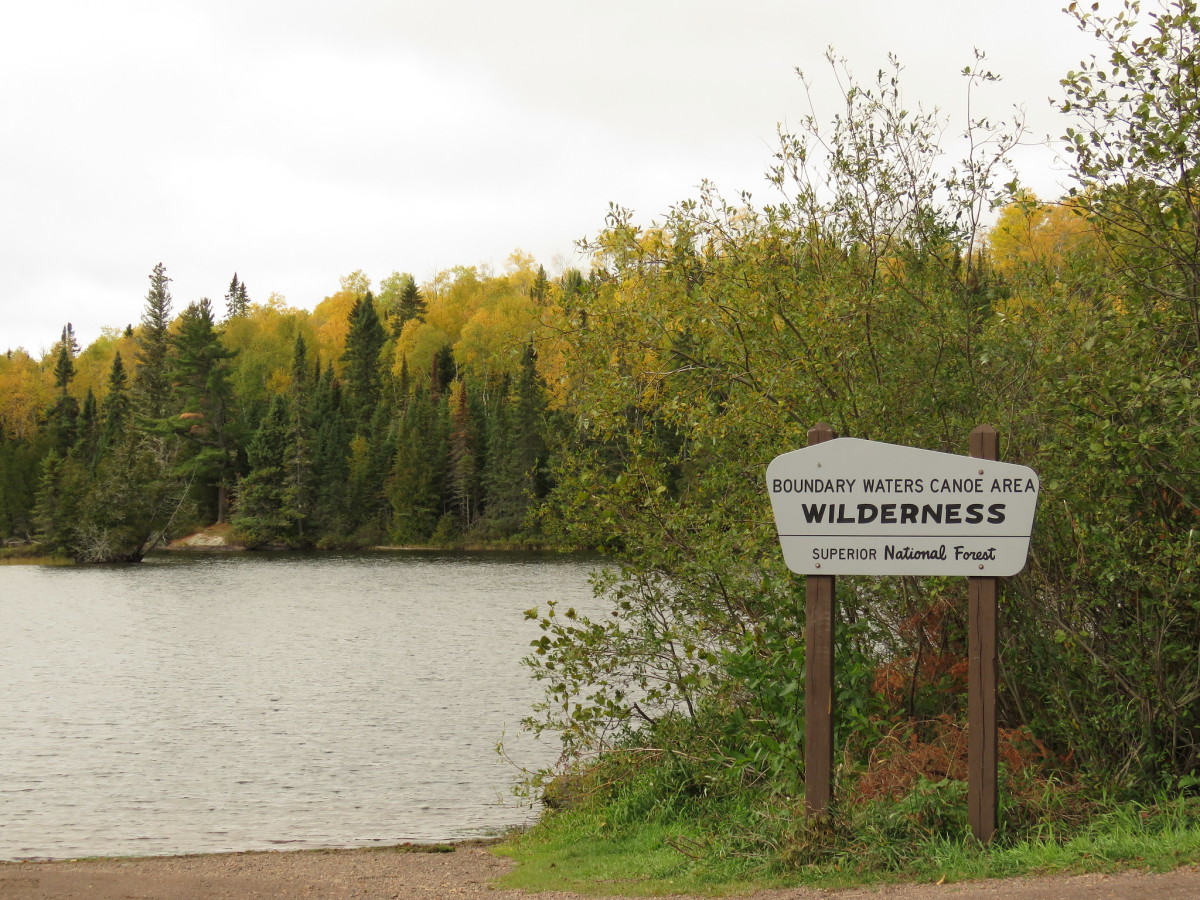Biden Admin. imposes 20-year mining ban near Boundary Waters - Bring Me The News

The Biden administration on Thursday issued a 20-year moratorium on mining in a 225,504-acre area of land near Minnesota's Boundary Waters Canoe Area Wilderness.
The U.S. Department of the Interior (DOI) order will close roughly 350 square miles of the Superior National Forest and the Rainy River Watershed near Ely to mineral and geothermal leasing for 20 years — the longest amount of time it can issue the moratorium without congressional approval.
The announcement delivers a major blow for Twin Metals' proposed sulfide-ore copper mine between Ely and Babbitt. It also marks a crucial victory for conservation groups and Tribal Nations worried about the potential environmental impacts of mining near one of the most-visited protected natural sites in the United States.
Another area the order will protect includes the 1854 Ceded Territory of the Chippewa Bands.
"Protecting a place like Boundary Waters is key to supporting the health of the watershed and its surrounding wildlife, upholding our Tribal trust and treaty responsibilities, and boosting the local recreation economy," said Secretary of the Interior Deb Haaland. "With an eye toward protecting this special place for future generations, I have made this decision using the best-available science and extensive public input."
The Biden administration began the process of establishing the order in October 2021 following the Trump administration's revival of mining leases in 2019. These leases had in turn been halted by the Obama Administration in 2016 before Trump took office.
Twin Metals had two of its mineral leases canceled in 2021 after a review by the DOI showed their renewal in 2019 was illegitimate.
The renewals initially gave Twin Metals permission to explore a large area of national forest land for copper-nickel reserves. Twin Metals had been angling for a $3 billion underground mine project in the area.
The DOI states while it has the authority to withdraw this area for mining purposes, it's subject to renewal after 20 years. Congress would have to legislate a permanent withdrawal otherwise.
The 1.1-million-acre Boundary Waters are visited by more than 150,000 visitors annually, and are hugely popular destinations for backpackers and kayakers from Minnesota and beyond.
"It boasts more than 1,200 miles of canoe routes, 12 hiking trails, and 2,000 designated campsites, and contributes up to $17.4 million annually to the more than $540 million recreation and tourism economies in Cook, Lake and St. Louis counties," the DOI says.
Environmental activists were delighted with the decision Thursday.
"Today's science-based decision is a massive win for Boundary Waters protection: You don't allow America's most toxic industry next to America's most popular Wilderness," Becky Rom, of the Campaign to Save the Boundary Waters, said.
"The U.S. Forest Service's comprehensive scientific review found that sulfide-ore copper mining would pollute the Boundary Waters and Voyageurs in ways that could not be fixed or mitigated."
Senior Legislative Representative with Earth Justice, Blaine Miller-McFeeley, called it "a victory for clean water and environmental justice."
"This is a big victory for people and for climate," he said. "The interconnected lakes, rivers and wetlands of the Boundary Waters provide a refuge for threatened species, support wild rice beds, and sustain the local economy."
Bring Me The News reached out to Twin Metals for comment.
This is a breaking news story.



Comments
Post a Comment